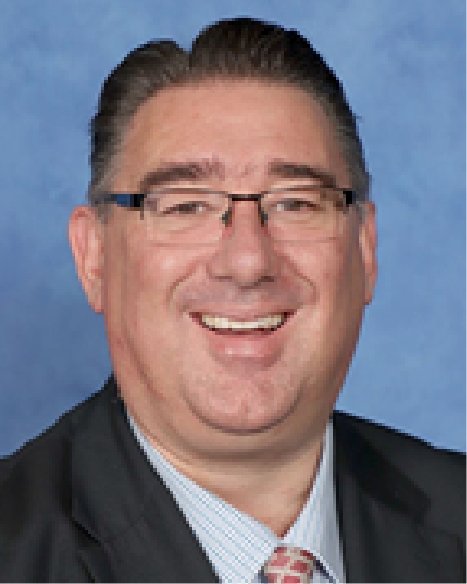One of the features of the annual Learning in Practice journal for the past six years has been the article providing an update on the Barker Journey, our ongoing, decade-long longitudinal study about student perspectives on learning, teaching, and schooling.
Each year a team of us from the Barker Institute conduct semi-structured interviews with the same group of 30 students as they make their way through school. We started when the group was in Year 3 back in 2019. The cohort (as we like to call them) is now in Year 8. Occasionally, as appropriate, we will survey the broader student year group. For example, because Year 7 marked the first year of secondary school for the Barker Journey cohort, we surveyed all 339 students (and had 319 responses!) to understand their experiences more deeply.
As I write this, I am putting the finishing touches on this year’s article. I’m looking forward to seeing it finally in print! There have been many coffees consumed as the drafts have been written, restarted, re-written, proofread (by my colleague Dr Matthew Hill), discussed, further reviewed with helpful insights and ideas (by Matthew!), updated, re-written and so. But it is worth it. The stories the cohort has shared with the team are always illuminating. It is a highlight, to be sure, of the Barker Institute year to sit down with these students and just listen to what they have to say.
To listen and to reflect.
And this is where the impact of The Barker Journey study starts. That the project has impact on what happens in the classroom and on how students learn is not in doubt and is exciting in and of itself. But such impact is not reached without listening to what the students are saying, and reflecting on what they share. And this year has been no different to previous years. In 2022 and 2023, the Barker Journey cohort went through significant changes – leaving primary school and entering secondary school. And they had much to say. This year they spoke about the values they prioritise, shared the importance of co-curricular activities to their own learning, and started to talk about the place of AI in their schooling experience.
These are three broad areas you can expect to see discussed in this year’s Barker Journey article. But to take one a little more specifically, and to do so without stealing my own thunder: students use AI but want to know how to use it ethically and authentically, in such a way that won’t impact their academic integrity: they want to use it, but not to cheat themselves out of the learning journey. An interesting throwback to discussions that took place in the interviews about what values were considered the most important, the idea of using AI ethically pointed to a need for specific instruction on a tool that the students currently hold as having an increased impact on the way they learn and on the way in which they experience education generally. They see how AI is impacting the world around them – they don’t need schools to tell them this. They know it. Their challenge is how do they best navigate that impact. They indicated that they want to use AI effectively, and in a manner that aligns with their values. Their challenge is how do they best do this. Our challenge as teachers, as educational leaders, is to work out how best to help them do that.
The Barker Journey article for 2024 will be available for download, along with the rest of what is shaping up to be an interesting edition of our annual journal Learning in Practice. We will let you know when it is ready, rest assured. For now, I hope this post has whetted your appetite. And as always, feel free to be in touch if you want to chat further.

Tim has held leadership roles in schools across Australia and abroad for 25 years, alongside teaching History and Modern Languages. His research focuses on intercultural learning and pedagogical translanguaging, refugee education, and student voice in improving educational practice. He is a lead researcher for the Barker Institute’s ongoing decade-long longitudinal study, The Barker Journey. Alongside his research work, Tim currently teaches History and IGCSE Global Perspectives. His PhD examined socio-political influences on contemporary German conceptions of history and archaeology.


